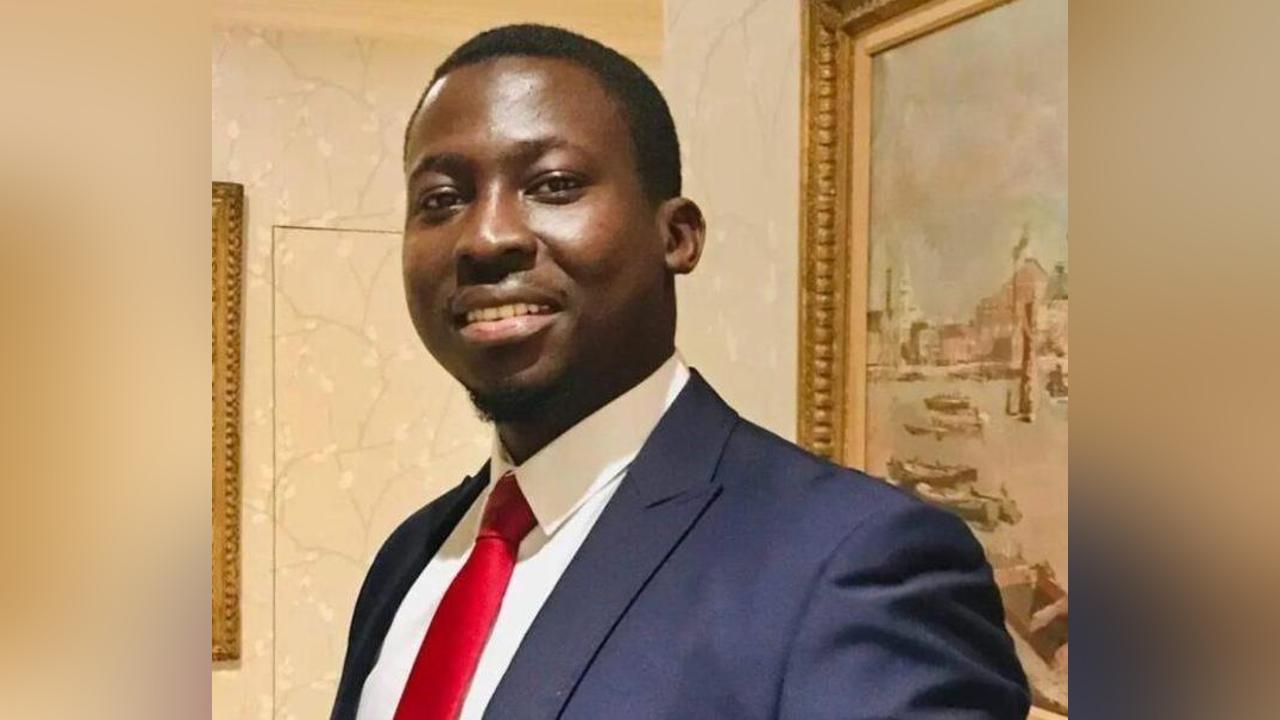Africa-Press – Gambia. Kemo Fatty, environmental advocate and founder of Green-Up Gambia, has voiced serious concerns over the country’s recently announced Deep-Sea Mining Project.
While acknowledging its potential economic benefits, Fatty warned that without transparency, oversight, and meaningful community involvement, the initiative could bring long-term environmental and social harm.
Speaking in an exclusive interview held on Tuesday, Fatty described the project’s sudden unveiling and foundation stone ceremony as alarming for the conservation community.
“The announcement came as a surprise to many of us working in environmental protection,” he said. “Deep-sea mining is not a minor undertaking. It’s a high-impact development that must be approached with caution. My concern is not rejection, but a firm call for transparency and rigorous scrutiny before any further steps are taken.”
Fatty revealed that Green-Up Gambia and other key environmental organizations were not consulted during the project’s planning stages, a decision he said weakened public trust and undermined environmental governance.
“It’s troubling that civil society was excluded. Those of us on the ground bring critical insight. Genuine participation builds better policy and public confidence. Bypassing us only fosters skepticism,” he emphasized.
He stresses that the ocean floor is a delicate and complex ecosystem, warning that once disturbed, the damage is often irreversible. The risks, he noted, include harm to marine biodiversity, disruption of fish migration and breeding patterns, and contamination of seabed sediments.
“The Gambia lacks the capacity to monitor offshore industrial activity effectively. We do not yet have the equipment, trained personnel, or legal frameworks to hold mining companies accountable. Until we build those systems, we are not ready for deep-sea mining,” Fatty said.
He also highlighted the vulnerability of coastal communities already grappling with illegal fishing, climate change, and coastal erosion. Additional disruption from mining, he argued, could jeopardize the livelihoods of thousands who depend on the ocean.
On the issue of Environmental Impact Assessments (EIA), Fatty was critical of what he described as a “box-ticking exercise” in the country.
“In The Gambia, EIAs are often seen as formalities, not real tools for protection. That must change. We need independent, transparent, and enforceable assessments that lead to genuine mitigation and action,” he said.
To move forward responsibly, Fatty outlined key recommendations: full public disclosure of project details, robust community engagement, stronger regulatory safeguards, and citizen oversight. He also called for a national conversation on alternative blue economy opportunities, such as sustainable aquaculture and marine tourism.
“We are at a crossroads,” he concluded. “The Gambia’s greatest wealth isn’t buried under the seabed it’s in our people, our coastline, our culture, and natural beauty. That’s what must be preserved.”
For More News And Analysis About Gambia Follow Africa-Press






